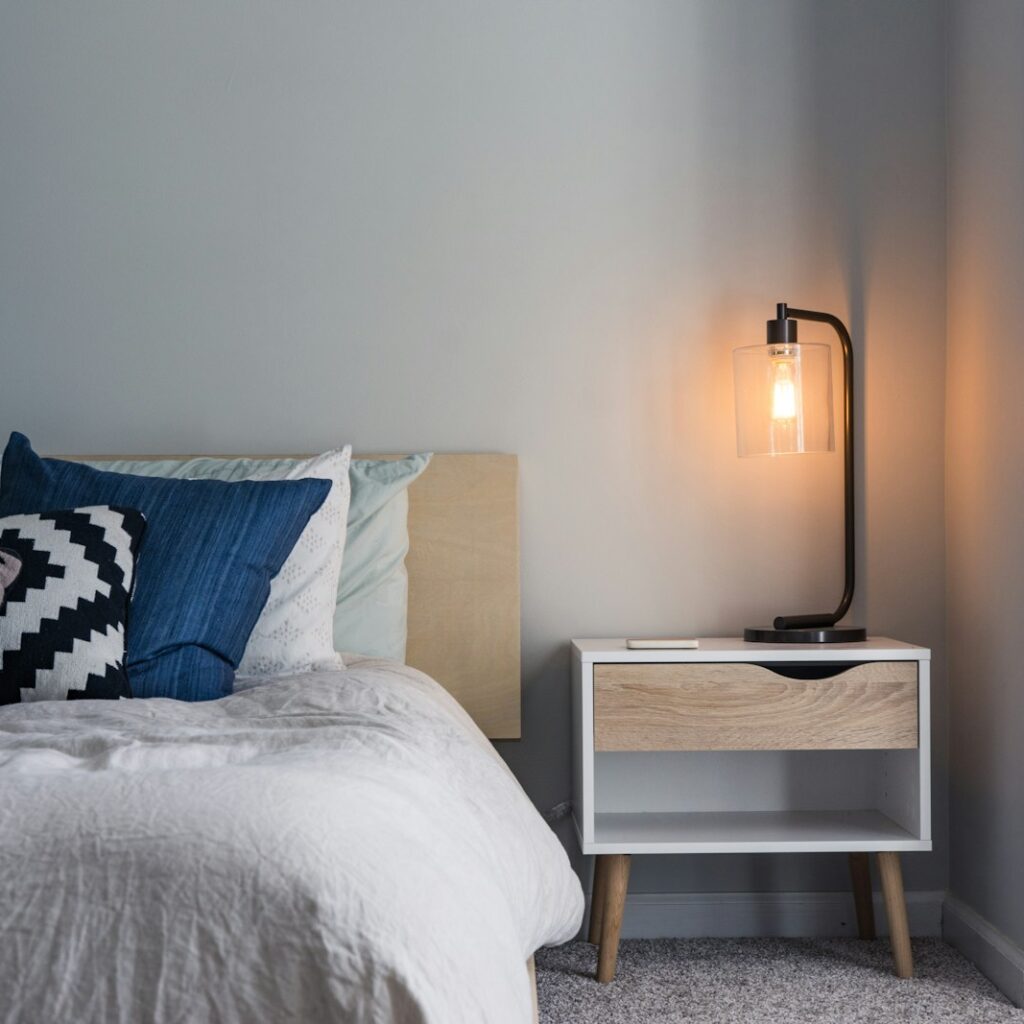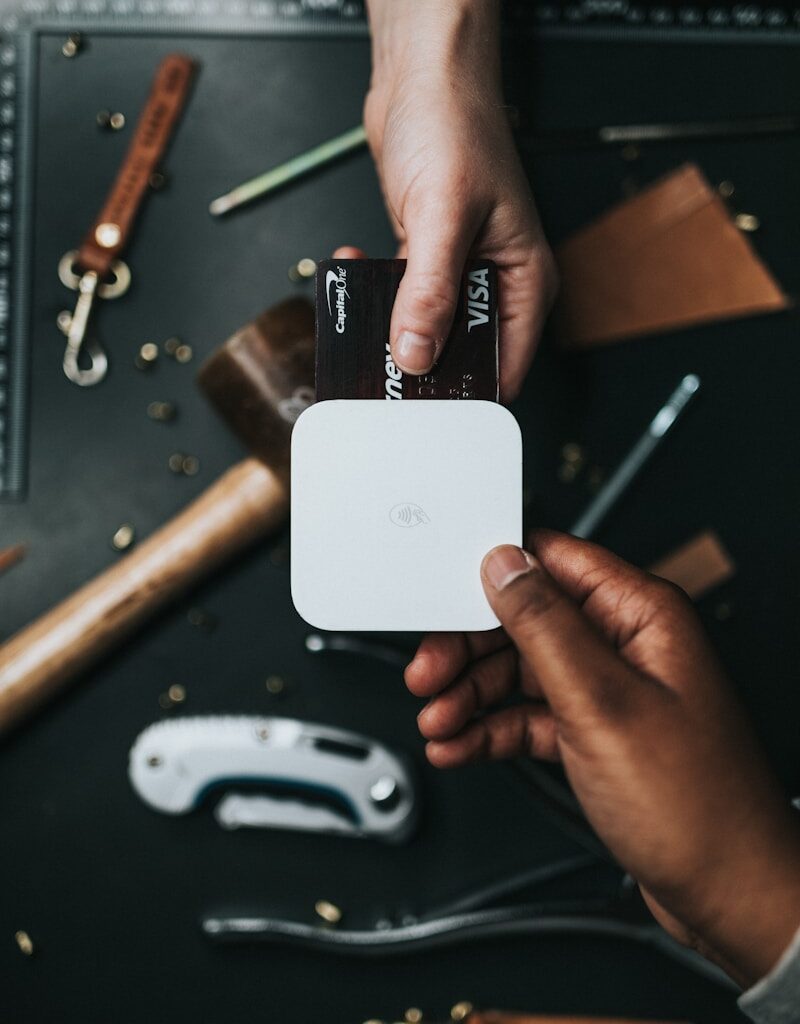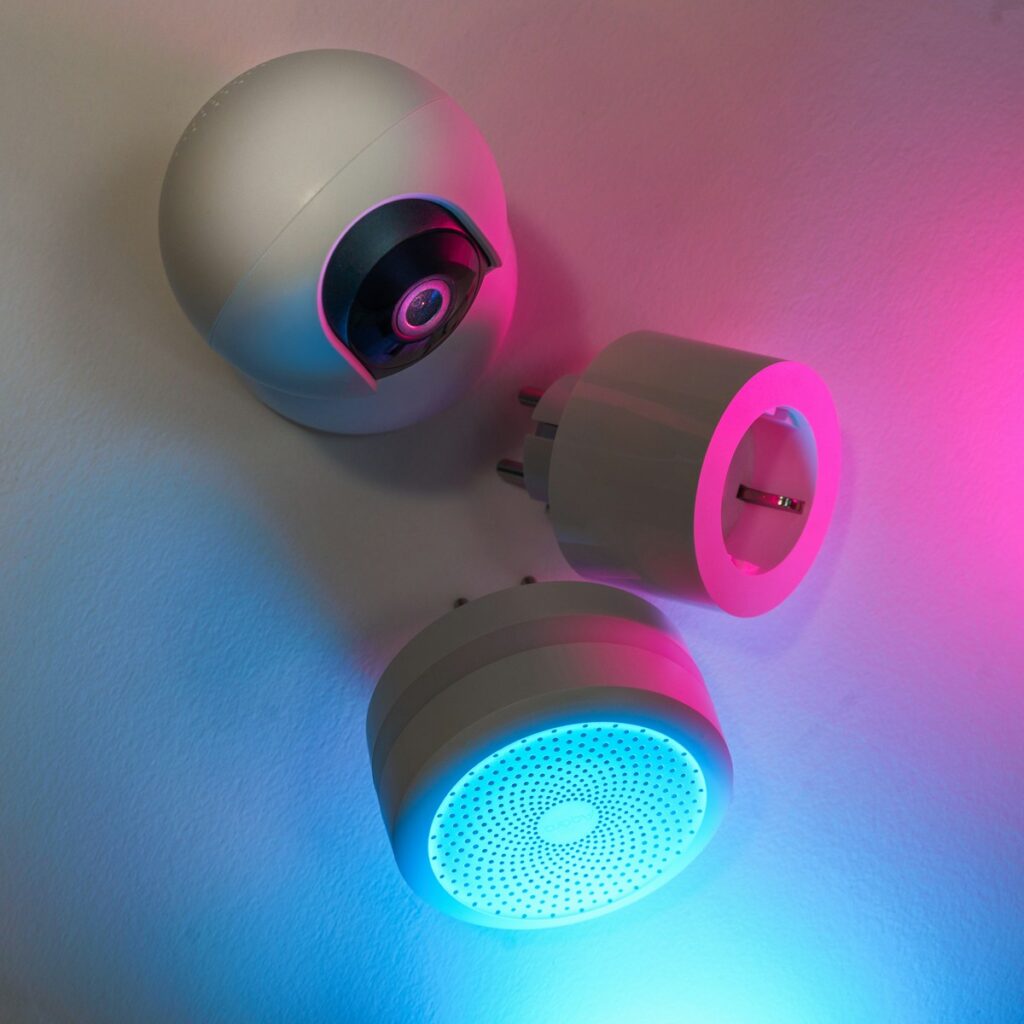The hospitality industry is evolving at an unprecedented rate, driven by technological advancements that cater to the growing expectations of modern travelers. Among the most significant innovations transforming the sector is the Internet of Things (IoT). From smart rooms to seamless guest experiences, IoT is reshaping how hotels operate and how guests interact with hotel services.
For travelers around the world—from luxury resorts in Dubai to boutique hotels in New Delhi—the future of hospitality is smart. But what exactly is IoT, and how is it revolutionizing the hotel industry? In this blog post, we’ll explore how IoT technology is paving the way for smart hospitality, enhancing the guest experience, improving operational efficiency, and increasing revenue for hotels worldwide.
What is IoT in Hospitality?
IoT in hospitality refers to the integration of connected devices, sensors, and software that communicate with each other via the internet to provide a more personalized, efficient, and automated experience for both hotel guests and staff. Essentially, IoT enables the seamless interaction of smart devices within the hotel ecosystem, creating a more intuitive and responsive environment for everyone involved.
1. Smart Rooms: Personalized Comfort at Your Fingertips
One of the most significant IoT innovations in hotels is the smart room. A smart room uses IoT-enabled devices to give guests greater control over their environment, from room lighting to temperature settings, and even entertainment options.
Why It Matters:
- Personalized Control: Guests can control room features like lighting, heating/cooling, and entertainment systems through mobile apps or voice assistants such as Amazon’s Alexa or Google Assistant. This personalization helps create a more comfortable and convenient stay.
- Energy Efficiency: Smart systems automatically adjust energy usage when a guest leaves the room, turning off lights or adjusting HVAC systems, which leads to energy savings and more sustainable practices.
- Guest Satisfaction: Offering smart amenities like voice-activated devices, smart TVs, and in-room tablets for guest services enhances the overall guest experience and satisfaction.
Example: In luxury hotels in India, such as Taj Hotels and Oberoi Hotels, smart room features are increasingly being integrated to offer a luxurious yet tech-savvy guest experience.


2. IoT-Driven Energy Management
Energy management is a major concern for hotels looking to reduce operational costs while maintaining comfort levels for guests. IoT technology allows hotels to implement smarter, more efficient energy management systems that can monitor and adjust energy consumption in real time.
Why It Matters:
- Automated Adjustments: IoT sensors can monitor occupancy in rooms and adjust lighting, temperature, and energy usage accordingly. This minimizes waste and reduces energy costs.
- Real-Time Monitoring: IoT-driven energy management systems provide hotel managers with detailed insights into energy usage patterns, helping them identify opportunities for further cost savings.
- Sustainability: By adopting IoT-based energy management, hotels can promote their commitment to sustainability, which is increasingly important to eco-conscious travelers.
Example: Marriott and other international hotel chains are using smart thermostats and motion sensors to optimize room temperatures based on guest occupancy and time of day, reducing energy waste while ensuring guest comfort.
3. Streamlined Check-In and Check-Out with IoT
Traditional check-in and check-out processes are time-consuming and can lead to bottlenecks, particularly during peak hours. IoT-enabled self-check-in kiosks and mobile apps are changing the way guests interact with the front desk.
Why It Matters:
- Contactless Services: With the rise of contactless check-in/check-out, guests can avoid long lines and complete their check-in/check-out process using their smartphones or kiosks, offering a seamless, convenient experience.
- Smart Key Access: Using smartphone apps as room keys enables guests to unlock their rooms directly from their mobile device, eliminating the need for physical key cards.
- Efficiency: Automated check-ins allow staff to focus on providing personalized services and enhancing the guest experience rather than handling administrative tasks.
Example: Many global hotel chains like Hilton and Accor Hotels are implementing mobile check-in systems that use Bluetooth or NFC technology for seamless room access.

4. Predictive Maintenance and Operational Efficiency
IoT can help hotels achieve greater operational efficiency by integrating predictive maintenance solutions. By using sensors to monitor the condition of equipment (HVAC systems, elevators, lighting, etc.), hotels can detect potential issues before they become serious problems.
Why It Matters:
- Reduced Downtime: IoT sensors can monitor systems like air conditioning, elevators, and lighting, alerting maintenance teams about potential failures before they happen, reducing guest complaints and operational disruptions.
- Cost Savings: By preventing major equipment breakdowns and reducing unnecessary repairs, predictive maintenance can help save significant costs in the long run.
- Improved Guest Experience: With fewer equipment failures, hotels can ensure that everything runs smoothly, resulting in a more pleasant stay for guests.
Example: Leading hotel groups like Hyatt and Accor are already leveraging IoT solutions to monitor the performance of critical systems in real time, optimizing both maintenance and guest satisfaction.
5. Enhanced Guest Engagement and Services
IoT devices not only provide more personalized guest experiences but also enable enhanced guest engagement. By connecting devices like smart tablets and in-room assistants, hotels can offer guests a broader range of services and features at their fingertips.
Why It Matters:
- Voice Assistants and Smart Devices: Hotels are increasingly integrating voice-activated assistants like Amazon Alexa or Google Assistant to provide guests with real-time information, control room features, and request services like housekeeping or room service.
- Customized Recommendations: IoT devices can also be used to offer personalized recommendations based on guest preferences. For example, if a guest orders room service frequently, the system can offer them customized meal suggestions.
- Improved Communication: Through smart devices, guests can communicate directly with the front desk or room service, enhancing convenience and guest satisfaction.
Example: The Westin Hotel in the U.S. has partnered with Amazon Alexa to offer guests an in-room voice assistant for requests like adjusting lighting, ordering food, or checking the weather.
6. Improved Security with IoT
Security is a top priority for both hotels and guests. IoT provides enhanced security through smart surveillance cameras, smart locks, and advanced access control systems.
Why It Matters:
- Smart Security Cameras: IoT-enabled security cameras and sensors provide real-time monitoring of hotel premises, ensuring guest safety and reducing theft.
- Smart Locks: Using smart locks with keyless entry, hotels can offer secure and convenient access to rooms, eliminating the need for physical keys while enhancing security.
- Data Protection: IoT also plays a role in protecting sensitive guest data by offering encrypted networks and secure data transmission.
Example: Many hotels, including Marriott and Hilton, are using smart locks that allow guests to unlock their rooms via their smartphones, enhancing security and convenience.


7. Seamless Integration of IoT Across Hotel Operations
One of the key advantages of IoT in hotels is the ability to integrate various systems for greater efficiency and streamlined operations. Cloud-based IoT platforms connect all the devices, sensors, and software used across different departments of the hotel.
Why It Matters:
- Centralized Control: Hotel managers can monitor and control all IoT-enabled devices across the hotel from a centralized dashboard.
- Data-Driven Insights: By analyzing data from IoT devices, hotels can gain valuable insights into guest behavior, operational inefficiencies, and areas for improvement.
- Operational Synergy: Integration between departments, such as housekeeping, front desk, and maintenance, ensures that all areas of the hotel are running smoothly.
Example: Hotels like The Marriott and InterContinental Hotels use IoT platforms to seamlessly integrate front desk operations, maintenance, guest requests, and room management, creating a more efficient hotel environment.

